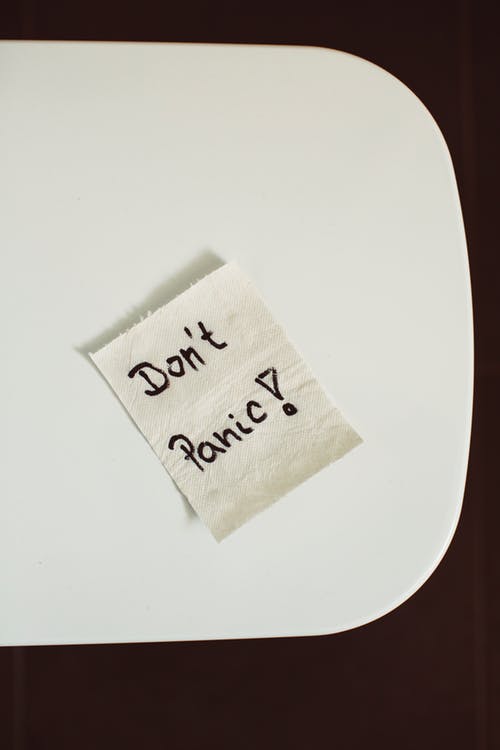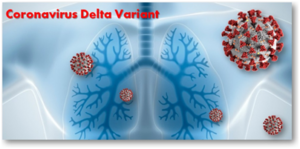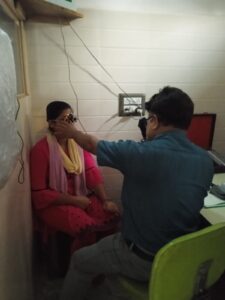Correct practices for dealing with COVID-19 dead bodies: Dr. Simon Hercules deserved Respect

Neucrad Health May 3, 2020
On 20th April, a famous neurosurgeon of Tamil Nadu, Dr. Simon Hercules passed away after being infected with COVID-19 infection. He might have contracted the SARS-CoV-2 virus while treating one of his patients. While we are acclaiming our healthcare workers as national heroes and the Government is approaching the masses to treat them with high respect, the final journey of Dr. Simon Hercules was hearth wrenching. Forget a proper burial; mobs attacked close family members of the deceased on the way to the burial ground.
What happened during the last rights of Dr. Simon Hercules?
The family members planned to perform the last rights of Dr. Simon Hercules at the TB Chatram burial ground in Kilpauk. However, local civic workers spread the news of the burial among residents, and around 100 people gathered there to stop the funeral of the doctor. At that moment, the close kin of the physician decided to take the body to Velangadu cemetery to avoid any altercation. Even at that place, things turned out unpleasant; the ambulance drivers carrying the body of Dr. Simon Hercules and close relatives were met with sticks and stones at the cemetery.
Why are people behaving strangely with the dead bodies of COVID-19 victims?
COVID-19 being a new infection, multiple rumours and misinformation are spreading about the pandemic among the masses. People have become disillusioned about the correct method of dealing with the COVID-19 victims’ bodies. To prevent any untoward events, the Ministry of Health and Family Welfare has launched a set of guidelines and precautions for handling COVID-19 dead bodies. Experts suggest, since novel coronavirus infection is primarily a droplet infection, there are rare chances of spreading the virus through dead bodies kept in body bags. Only the lungs of victims can be a cause of worry during an autopsy. Have a look at the precautionary measures which healthcare workers and family members need to follow after a patient passes away with SARS-CoV-2 infection.
Removal of the Body From the Isolation Ward
Healthcare staff should maintain proper hygiene while dealing with COVID-19 dead bodies. Wear a PPE suit (water-resistant virus-proof apron), N95 mask, headgear, gloves and goggles before touching the dead body. Remove all tubes and catheters from the victim before displacing the body. If there is any puncture hole for the insertion of pipes or any other medical procedures (like drainage tubes), disinfect it thoroughly with 1 per cent sodium hypochlorite solution and dress the area with an impermeable sealing material.
Plug oral and nasal orifices to stop leaking of body fluids. Place the body in a leak-proof plastic body bag and hand it over to the family members or shift it to the mortuary. Disinfect the exterior of the body bag with 1 per cent sodium hypochlorite for further protection. Discard the soiled linen and other medical waste of the patient in a bio-hazard bag and disinfect its outer surface sodium hypochlorite solution.
How would you transport the COVID-19 dead body for final rights?
It is better to transport the COVID-19 dead bodies in special vehicles meant only for death due to infectious disease. The driver and the assistant of the funeral-vehicle should wear an N95 mask, gloves, goggles, and PPE suit during the journey. After the transportation, the vehicle should be properly disinfected with 1 per cent sodium hypochlorite solution.
What type of precautions should be taken at the crematorium or burial ground?
Inform the crematorium or burial ground in advance about the approach of the COVID-19 body. However, sensitise them that if they practise the precautionary measures, there is no additional risk in carrying out the last rights. The family members should try to perform all the rituals, like reading of religious texts and sprinkling holy water without touching the body. However, it is better to refrain from bathing and hugging the body. The funeral staff should also maintain hygiene and wear protective gears while performing the last rights. Family members should avoid a large gathering of mourners.
This was all about the precautionary measures which healthcare workers and family members need to follow after a patient passes away with SARS-CoV-2 infection. Finally, we must all remember, the death of close kin is a tough moment for the entire family. We must practise all safety measures and deal with the family members compassionately.










